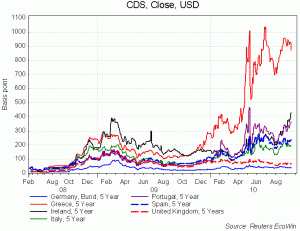15 years ago, I went to go and live and work in Luxembourg for what turned out to be a very happy few years in pre-euro euroland. Latterly I was working in the Middle Office of a Corporate Treasury Department where I became familiar with interest rate swaps and how widely debt was priced around the world. I subsequently did a little investigation into taking out a foreign currency mortgage – specifically in Japanese Yen – which back then was paying next to no interest unlike all the other major currencies. Alas, I was politely rebuffed on the grounds of not really being a player !
Obviously, a lot has changed since then. Today, it seems you don’t have to be a player at all. In fact, anyone can get them – especially if you are working/middle class Eastern European and not remotely interested in hedging for averse currency movements. So what happened?
This Economist article from a couple of years ago gets it right by calling it Austria’s very own subprime invention. This table below, also old, sums it up quite nicely.

Since then of course, it’s got substantially worse in nations like Hungary – now with a BB+ rating – as the Swiss Franc has superspiked in value, massively increasing the cost of CHF-based mortgages across Eastern and Central Europe – about 1.7 million in total apparently.
So it’s not just Euroland that is in trouble with the Euro. What Donald Rumsfeld used to call New Europe is in trouble too – but with a quite different kind of currency problem.
Would that our economic life and times be simple and predictable again, with all our living standards gently rising year after year !

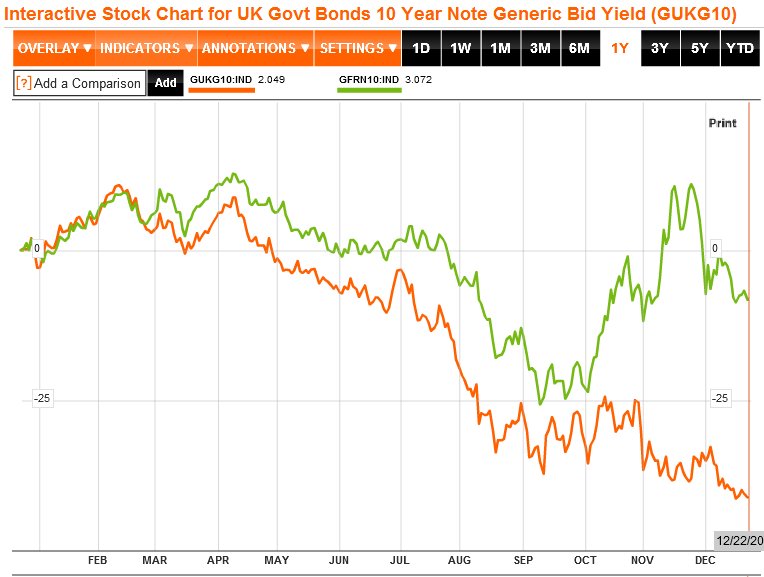
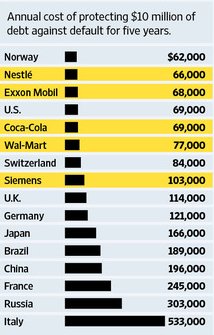
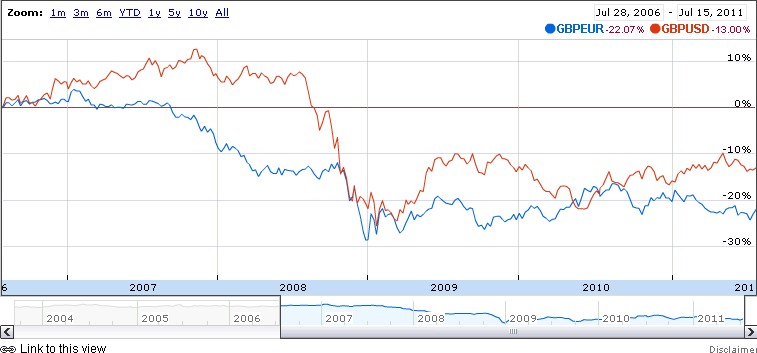
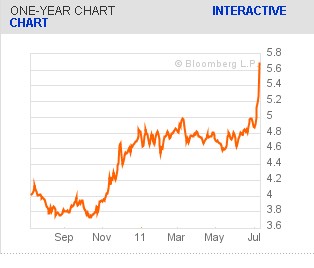
 The shocker is that while the UK has a lower interest rate than Euroland and can borrow at lower rates than every other major European country other than Germany, we are only just behind most of the PIIGS (Portugal, Italy, Ireland Greece and Spain) when measured by the total cost to GDP of interest payments on borrowing at 3.1% while Spain is some way down at 2.2%.
The shocker is that while the UK has a lower interest rate than Euroland and can borrow at lower rates than every other major European country other than Germany, we are only just behind most of the PIIGS (Portugal, Italy, Ireland Greece and Spain) when measured by the total cost to GDP of interest payments on borrowing at 3.1% while Spain is some way down at 2.2%.
